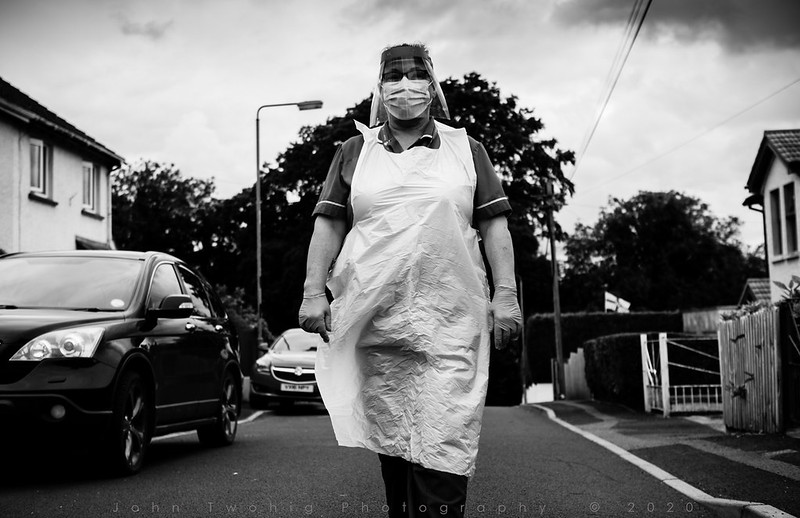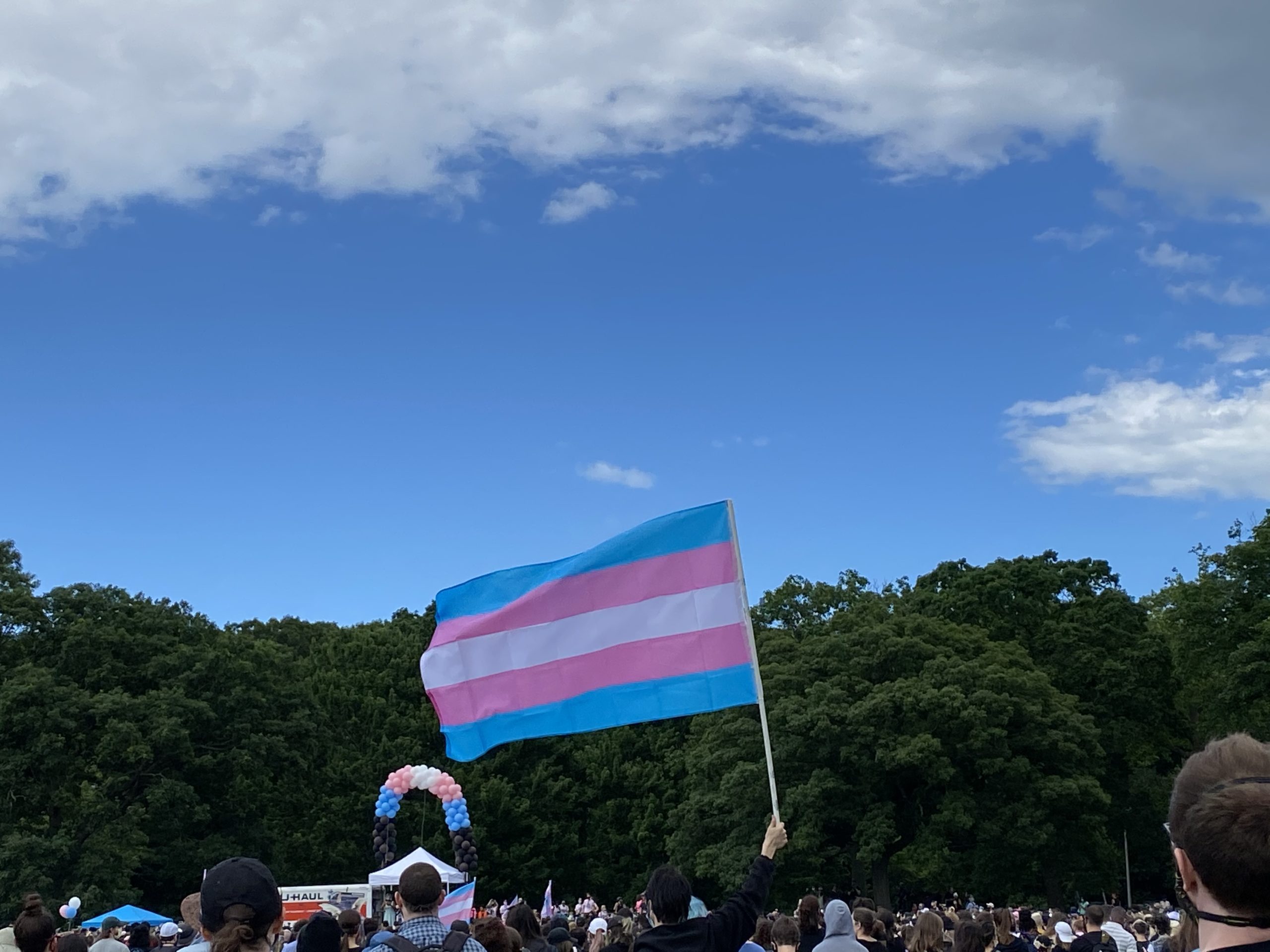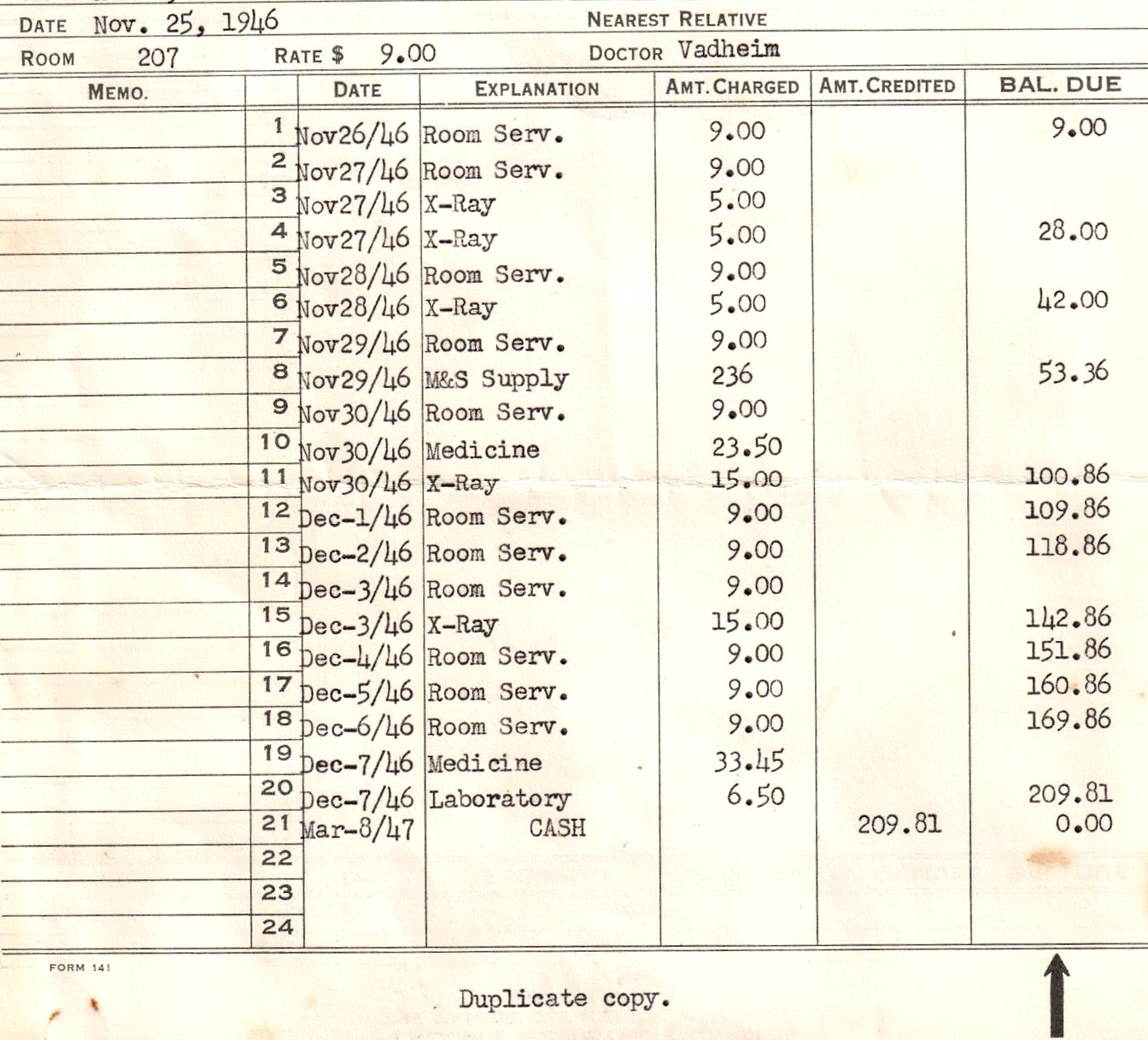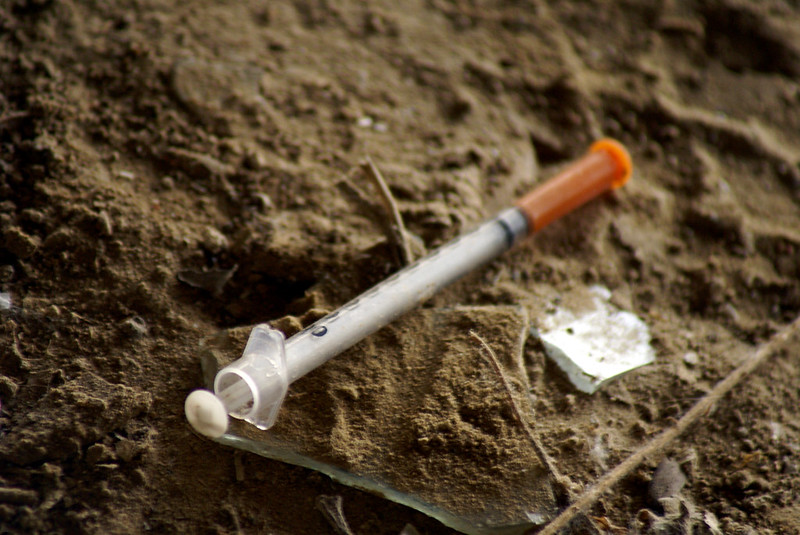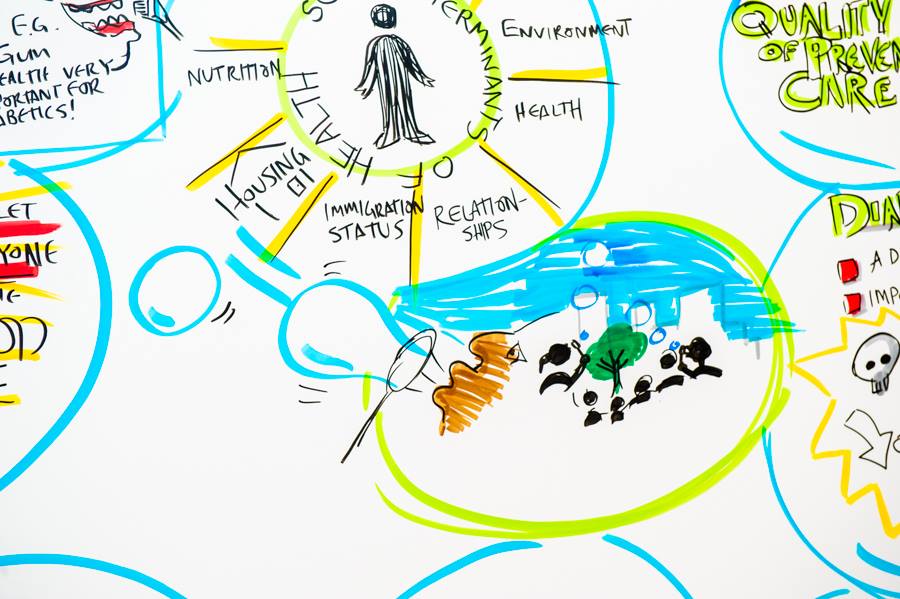The Dangers of Heroism: Medical Workers Are Human, Too.
I am worried that these stories of heroism are harming the very people they celebrate. By creating an ideal “health care worker” as an endlessly altruistic individual, it stigmatizes the medical workers who refuse to take on these risks — even though there are many legitimate reasons not to.



